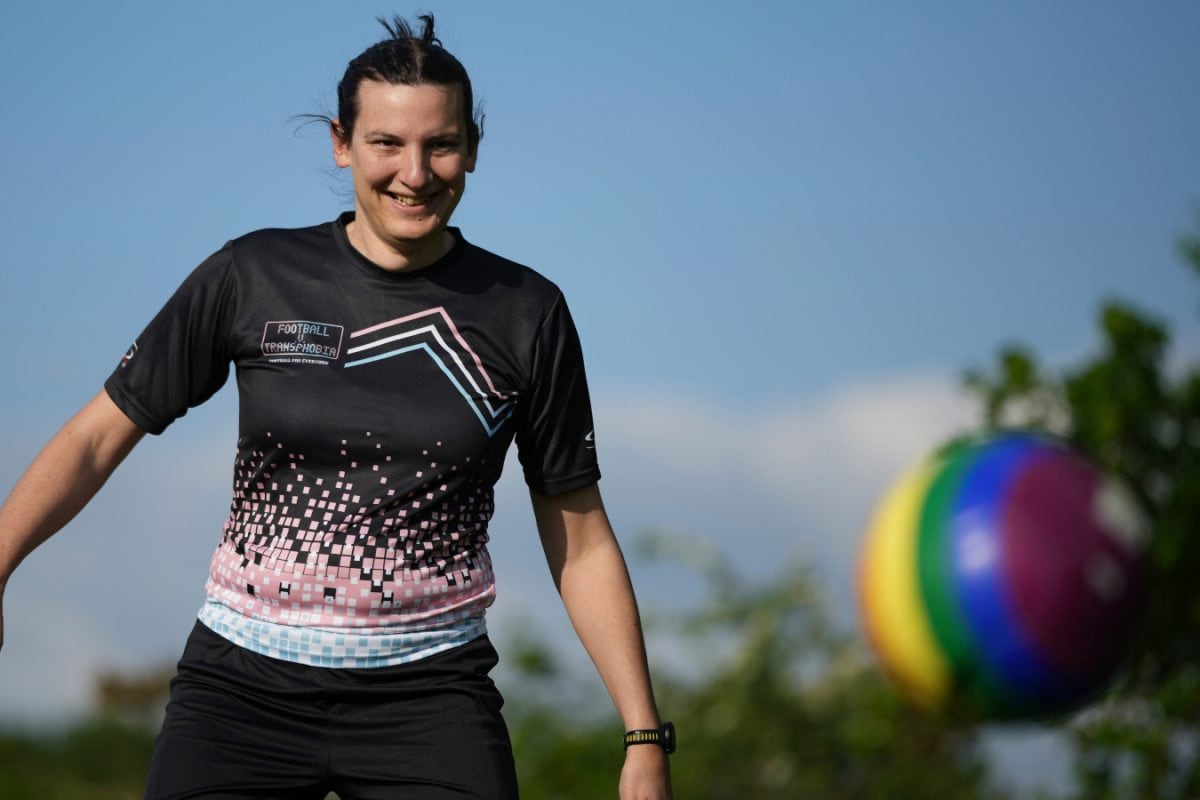

The Football Association (FA) has announced that transgender women will be banned from playing on women's football teams in England, effective June 1, 2025. This decision follows a recent UK Supreme Court ruling that defined "woman" as someone who is biologically female for the purposes of anti-discrimination law. The Scottish Football Association has implemented a similar ban.
The Supreme Court's ruling, issued on April 16, 2025, clarifies that the definition of "sex" in the UK Equality Act 2010 refers to biological sex. This means that transgender women, even those with Gender Recognition Certificates (GRCs), can be excluded from single-sex spaces and groups designated for women. These spaces include changing rooms, shelters, and sports teams.
The FA stated that its previous policy allowed transgender women to participate in women's football if they reduced their testosterone levels. However, the Supreme Court's ruling constituted a "material change in law," necessitating a policy change. The FA emphasized that its decision was made in accordance with the law and international football policies defined by UEFA and FIFA. Downing Street has affirmed that "biology matters" in sports, deferring to the FA's judgment.
The ban applies to all levels of the game in England. The FA is contacting the registered transgender women currently playing to explain the changes and how they can continue to stay involved in the sport. It’s understood that there are approximately 20 transgender women registered in amateur women's football teams in England, and none in the professional leagues.
The decision has ignited a debate, with some feminist groups celebrating the ruling and trans-rights groups condemning it. Supporters of the ban argue that biological sex cannot be changed and that the rights of transgender people should not infringe on the rights of biological women. They argue that including transgender women in the definition of women could reduce protections for those born female. Critics, however, contend that the ruling undermines protections for transgender people and conflicts with human rights laws. They also express concern that the decision could lead to increased discrimination and attacks against trans people.
The ban in England and Scotland aligns them with other sports, such as rugby union, athletics, swimming, cycling and triathlon, which have already implemented similar policies. The England and Wales Cricket Board (ECB) has banned transgender women from elite levels and is reviewing its grassroots policy.
This ruling has far-reaching implications beyond sports. The head of the Equality and Human Rights Commission stated that transgender women could be excluded from women's toilets and hospital wards. While the court affirmed that trans people are still protected from discrimination in employment, housing, and education, the ruling has raised concerns about access to single-sex facilities. The debate surrounding the inclusion of transgender women in sports and other single-sex spaces remains highly polarized, with groups on both sides advocating for their respective positions.